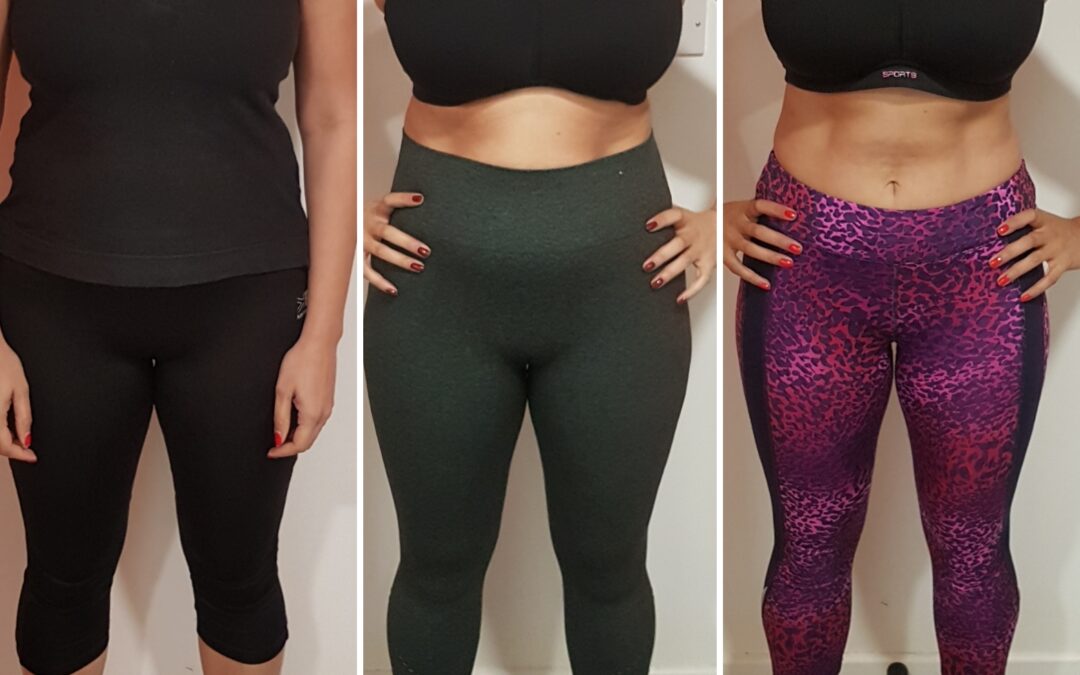Most people say they want to lose weight, but what they actually mean is they want to lose fat. And there’s a difference in dietary approach that can support this.
‘Losing fat’ means that you reduce bodyweight while preserving muscle, which helps you look better, be stronger, and be healthier. No-one wants to be skinnyfat with a low metabolism right?
To lose weight or fat, you need to be in a calorie deficit. This means you need to be using more than you burn.
If you want to lose fat, preserve muscle, and protect your metabolism, the key is to be in a deficit, but to also be eating as high calories as you can to enable you to function effectively, train with energy, and not downregulate movement or metabolic function.
If you take too much out at the beginning, you leave yourself in a position where there’s nothing left to take out further down the line when you hit a fat loss plateau. Likewise if you throw in too much cardio at the beginning, you won’t have capacity to add in extra to overcome a plateau.
So if you’re trying to lose fat, you need to ensure you’re striking the right balance between fuelling workouts and recovery, while remaining in a calorie deficit and not eating back the calories burned through exercise.
Resistance training during a fat loss phase is important as it tells your body your muscles are needed. It’s easier for the body to break down muscle than it is to access stored fat, so you need to be sending a clear message to your body that muscle is required and needs to be preserved, to encourage preferential use of stored fat. Eating sufficient protein is important as it will also enable you to preserve and build muscle.
Once your calorie target and protein targets are set, you should make up the remainder of your calories with complex carbs and healthy fats. Carbs are the body’s primary energy source and fats are important for hormone production and signalling. Meta-analyses of studies of low carb and low fat diets have shown that when calories and protein are equated, neither is better than the other for fat loss – it’s down to personal preferance.
Lastly, it’s also important not to overestimate the amount of calories you’re burning through exercise, as this would inadvertently cancel out your deficit.
If you are struggling to lose fat on your own, then please get in touch.
If you want to start tracking your intake but don’t know what the best app is to use, I recommend the free app MyFitnessPal https://www.myfitnesspal.com/. If you want a FREE guide of how to use it, just head on over to my nutrition page on this website and you’ll find a section part-way down where you can request one from me.

